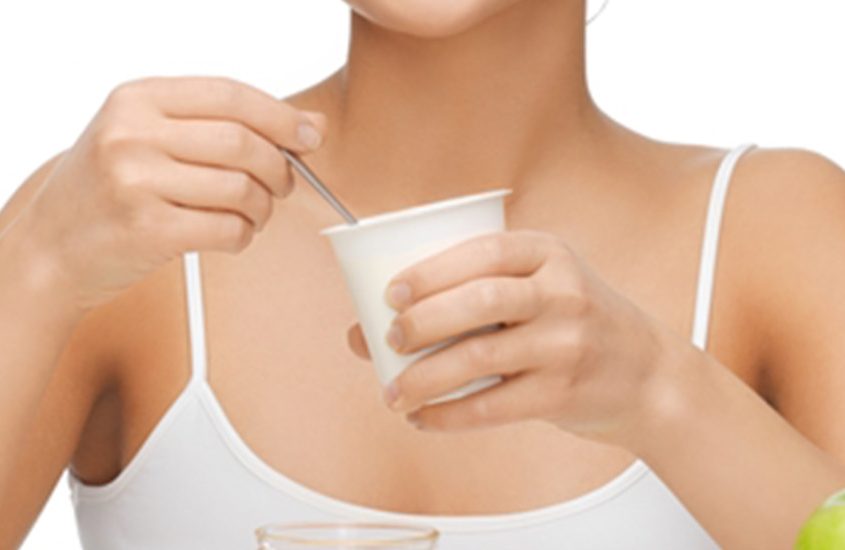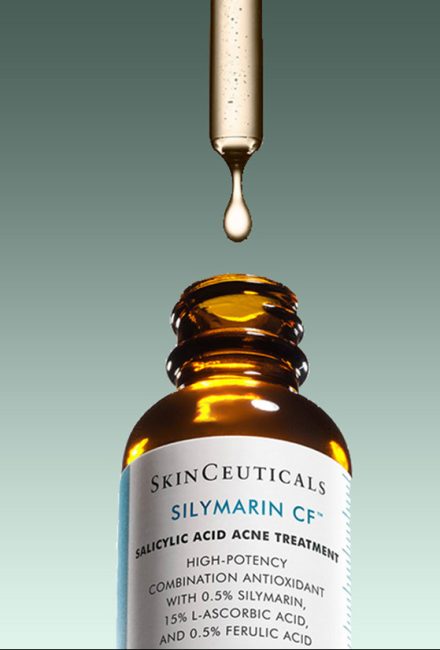The skin reflects what’s going on inside our bodies; if we are dehydrated, it’s dry and flakey, when we stay up too late, our eyes get puffy and dark circles can appear. People who suffer with Rosacea, a condition of chronic redness, may notice their symptoms worsening when they eat spicy food or drink alcohol.
Although most of us are familiar with topically applied serums and creams containing vitamins such as C, E and A, we may have no idea that there are foods, vitamins, and supplements that will improve the tone or texture of our skin from within.
Improve your skin with foods or supplements
Here are the most effective skin enhancers and protectors, information about what each can do for your skin, and which food sources contain them naturally. If you aren’t eating these foods regularly you may want to consider skin supplements:
Vitamin B Complex: Biotin, a nutrient that forms the basis of skin, nail, and hair cells.
Food sources: Bananas, eggs, oatmeal, and rice, plus your body makes some biotin on its own.
Vitamin B1: Boosts circulation in the body and gives your skin a glow.
Food sources: Egg yolks, nuts.
Niacin of Vitamin B3: Helps your skin receive plenty of oxygen, which prevents the development of acne among other benefits.
Food sources: Tomatoes, broccoli and carrots.
Vitamins C, E, and A : Antioxidants which help decrease the damage caused by free radicals (unstable cells that are caused by a number of factors such as smoking, pollution and sun exposure) which harm and age skin.
Food sources containing Vitamin C: Most fruits and vegetables such as broccoli, cauliflower, tomato, Brussel sprouts and cucumber.
Food sources containing Vitamin E: Olives, sunflower seeds, peanuts, almonds, wheat germ and leafy greens.
Food sources containing Vitamin A: Eggs, leafy greens, milk, carrots, pumpkins, liver.
Hyaluronic Acid: Acts as a kind of glue that helps hold skin cells together, keeping skin looking smoother and younger. It can also hold up to 1,000 times its weight in water, which means more moisture in each skin cell.
Food sources: Found in high doses in rooster combs but not readily available in food so a supplement is necessary.
Selenium: Plays a key role in skin cancer prevention by helping protect skin from sun damage.
Food sources: Whole-grain cereals, seafood, garlic, and eggs.
Alpha-Lipoic Acid: A powerful antioxidant, hundreds of times more potent and antioxidant than either vitamin C or E. It has the ability to penetrate both oil and water, affecting skin cells from both the inside and the outside of the body. Most other antioxidants can do one but not both.
Food sources: Yeast, organ meats like liver and heart, spinach, broccoli, and potatoes. However, ALA from food does not appear to produce a noticeable increase in the level of free ALA in the body
Zinc: Works to clear skin by taming oil production and may be effective in controlling the formation of acne lesions or help those already on your skin to clear sooner.
Food sources: Oysters, lean meat, and poultry.
Essential Fatty Acids (EFAs): crucial to the production of skin’s natural oil barrier. Without an adequate supply of EFAs, the skin produces a more irritating form of sebum, or oil, which can result in problems. EFAs may also help keep your skin smoother and younger-looking.
Food sources containing Omega-3: Cold-water fish, including salmon, sardines, and mackerel, flaxseed, and flax and safflower oils.
Food sources containing Omega-6: Cooking oils, poultry, grains.
Remember to drink plenty of water, buy pharmaceutical grade skin care when you can to apply your nutrients topically as well and wear sunblock SPF 30-50 all year!



